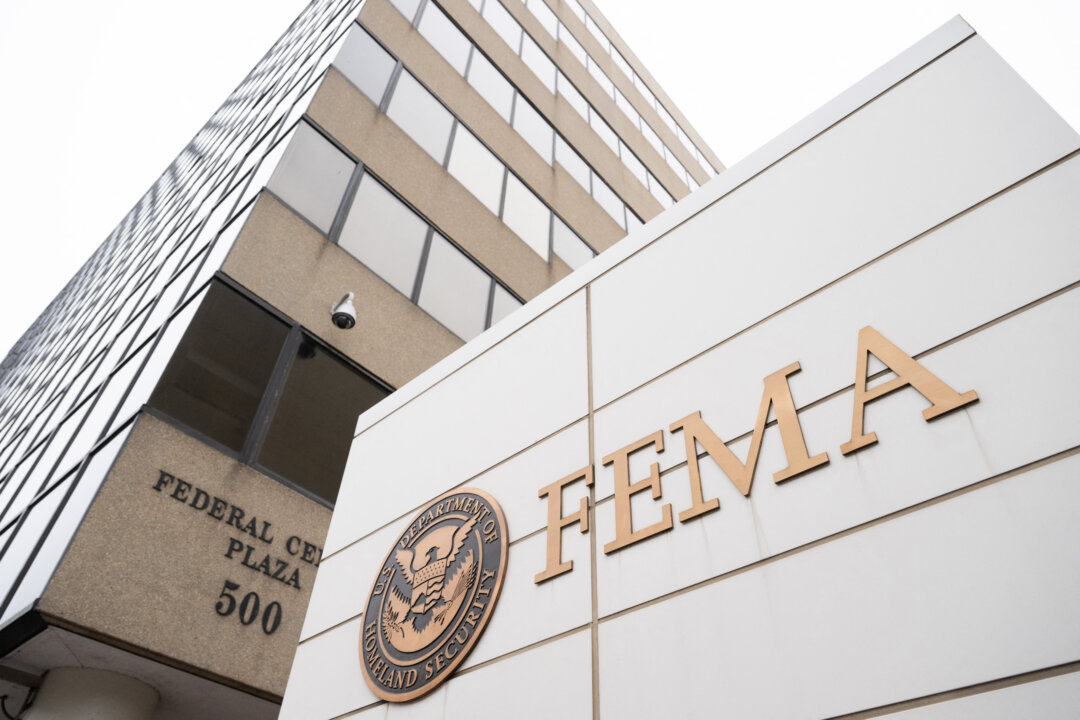On April 10, the House of Representatives passed the badly misnamed Safeguard American Voter Eligibility Act, or the SAVE Act, which is now headed for a vote in the Senate. It is essential that the upper chamber not pass the bill, and that our senators oppose it. On the surface, the bill tackles issues of potential voter fraud by asking everyone who casts a ballot to verify their citizenship “when registering to vote in federal elections.
” But in practice, the bill has the potential to disenfranchise millions by putting up onerous and completely unnecessary bureaucratic barriers to voting. For instance, many Americans do not have access to their original birth certificates, and many of those who do will not have birthnames that match the name on their license. While we support election security and integrity, rightly understood, the SAVE Act as written would cause serious harm to ballot access, with minimal (at best) enhancements to security.

For an example of how complicated and bureaucratic the SAVE Act would make voting, just look at the disastrous rollout of REAL ID. In the twenty years since the REAL ID Act of 2005 passed Congress, which standardized U.S.
identification card requirements for flying and entering federal buildings as well as military bases, federal officials delayed enforcement due to hurdles at the state level, not achieving full certification of compliance until 2024, with enforcement expected to begin this May. But as citizens rush to get REAL IDs, the issues remain. The biggest barriers to getting a REAL ID are the same as the barriers that the SAVE Act would put up: not having original copies of birth certificates, married names that don’t match birth names, and not having the money necessary to get the ID.
Married women who have changed their names have been particularly affected, as misplacing or losing the original copies of their marriage paperwork makes their name change very difficult to prove. If the SAVE Act passes the Senate, these issues would be extended from an enhanced ID that is, for many people, optional to the act of participating in our democracy. In fact, people who have braved long lines and understaffed DMVs for a REAL ID will have to do it again to register to vote.
That’s because not all of the new driver’s licenses verify citizenship. Thus far “Enhanced Drivers Licenses” are only issued in five states (Colorado is not one of them). For married women whose names don’t match their birth certificates, for example, states are supposed to “establish a process allowing them to register to vote despite a name discrepancy,” but there is nothing clarifying what that means.
And while both the REAL ID Act of 2005 and the SAVE Act allow people with valid passports to fly and vote, only 40% of Americans have a valid passport. In-person registration requirements will make online voter registration impossible, forcing millions of rural residents to drive far from home to become eligible to vote. All this bureaucratic mess might be justifiable if it solved a real problem of election integrity — but there is no problem.
Election officials are already required to verify citizenship status, and non-citizens voting is surpassingly rare. In other words, to stop very few noncitizens from voting, the SAVE Act would make it much more difficult for tens of millions of citizens to vote. We urge our senators to uphold the integrity of our elections — by voting against the SAVE Act.
— The Pittsburgh Post-Gazette.
Politics

Editorial: SAVE Act would do far more harm than good for election integrity

Election officials are already required to verify citizenship status, and non-citizens voting is surpassingly rare. In other words, to stop very few noncitizens from voting, the SAVE Act would make it much more difficult for tens of millions of citizens to vote. We urge our senators to uphold the integrity of our elections — by voting against the SAVE Act.















